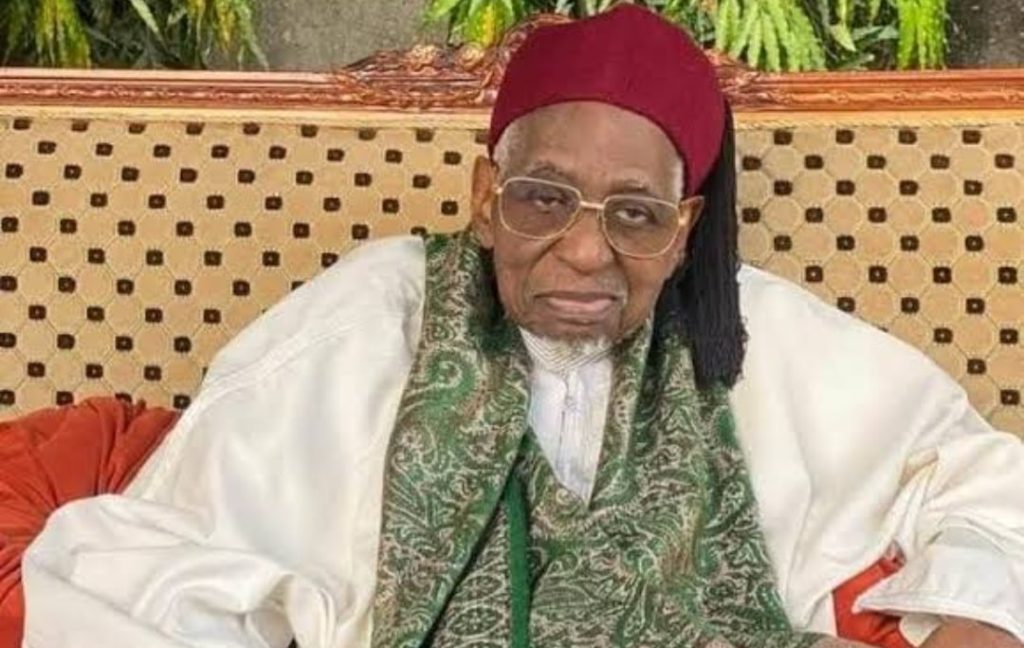In a heart-wrenching plea for justice, Dr. Ndubuisi Ugwu and his wife, Loveth, alongside the Women Aid Collective (WACOL), have petitioned the Inspector General of Police, Kayode Egbetokun, to re-examine the circumstances surrounding the brutal murder of their four-year-old daughter, Zina Ugwu. The tragic incident occurred on August 18, 2024, at the family’s residence in Umunwanwa village, Orba Road, Nsukka, Enugu State.
The Tragic Incident
According to the family’s account, on that fateful night, Zina was asleep in her room when an intruder, identified as Mr. Nweke Chukwuemeka, allegedly broke in, dragged her from her bed, and viciously slit her throat. The assailant, described as a known drug addict in the community, was apprehended shortly after the incident. The motive behind this heinous act remains unclear, leaving the family and community in deep mourning and confusion.
Allegations of Complicity and Police Misconduct
The Ugwus have expressed profound dissatisfaction with the initial police investigation conducted by the Enugu State Command. They allege that the investigation was superficial and failed to explore potential accomplices. Specifically, they accuse their landlord and his wife of being complicit in the crime. The family claims that the landlord, aware of Chukwuemeka’s notorious reputation, provided him with accommodation and managed a nearby beer parlour where criminals, including the suspect, frequently gathered.
Further compounding their grievances, the Ugwus allege that the landlord obstructed local vigilante members from accessing the crime scene immediately after the incident. They also claim that the landlord’s wife acted as an informant for the suspect, pointing out targets within the compound.
Dr. Ugwu, a lecturer at the Federal University, Oye-Ekiti, recounted previous unsettling encounters, stating that a co-tenant had once forcibly taken custody of their other child. The child was eventually found within the premises after a frantic search, during which the co-tenant remained conspicuously silent until the child’s cries were heard.
Demands for Justice
In their petition, WACOL, represented by its Founder and Executive Director, Professor Joy Ezeilo, a Senior Advocate of Nigeria and renowned law professor, called for a comprehensive reinvestigation of the case. They emphasized the need to hold all parties involved accountable, condemning the murder as both brutal and barbaric. Professor Ezeilo also highlighted allegations of extortion by police officers during the investigation, describing such actions as a betrayal of justice.
Dr. Ugwu, speaking through tears, implored the authorities to ensure that justice prevails. He expressed his conviction that the landlord was connected to his daughter’s murder, citing the suspect’s alleged confession that he was paid one million naira by the landlord to commit the crime. Dr. Ugwu also revealed that the landlord attempted to bribe him with five hundred thousand naira to drop the case, an offer he vehemently refused.
Community and Legal Reactions
The case has sparked widespread outrage within the Nsukka community and beyond. Many have expressed solidarity with the grieving family, calling for a transparent and thorough investigation. Legal experts have weighed in, emphasizing the importance of due process and the need to address any allegations of police misconduct to restore public confidence in the justice system.
WACOL’s Role and Advocacy
WACOL, known for its steadfast commitment to women’s and children’s rights, has taken up the Ugwus’ case, providing legal support and advocacy. The organization has a long-standing history of assisting victims of violence and abuse, ensuring that perpetrators are held accountable, and justice is served.
Conclusion
As the Ugwus continue to mourn the loss of their beloved daughter, their plea for justice resonates with many who seek a society where the vulnerable are protected, and the rule of law prevails. The family’s courage in the face of such tragedy, combined with the support of advocacy groups like WACOL, underscores the collective demand for accountability and the hope that justice will ultimately be served.













